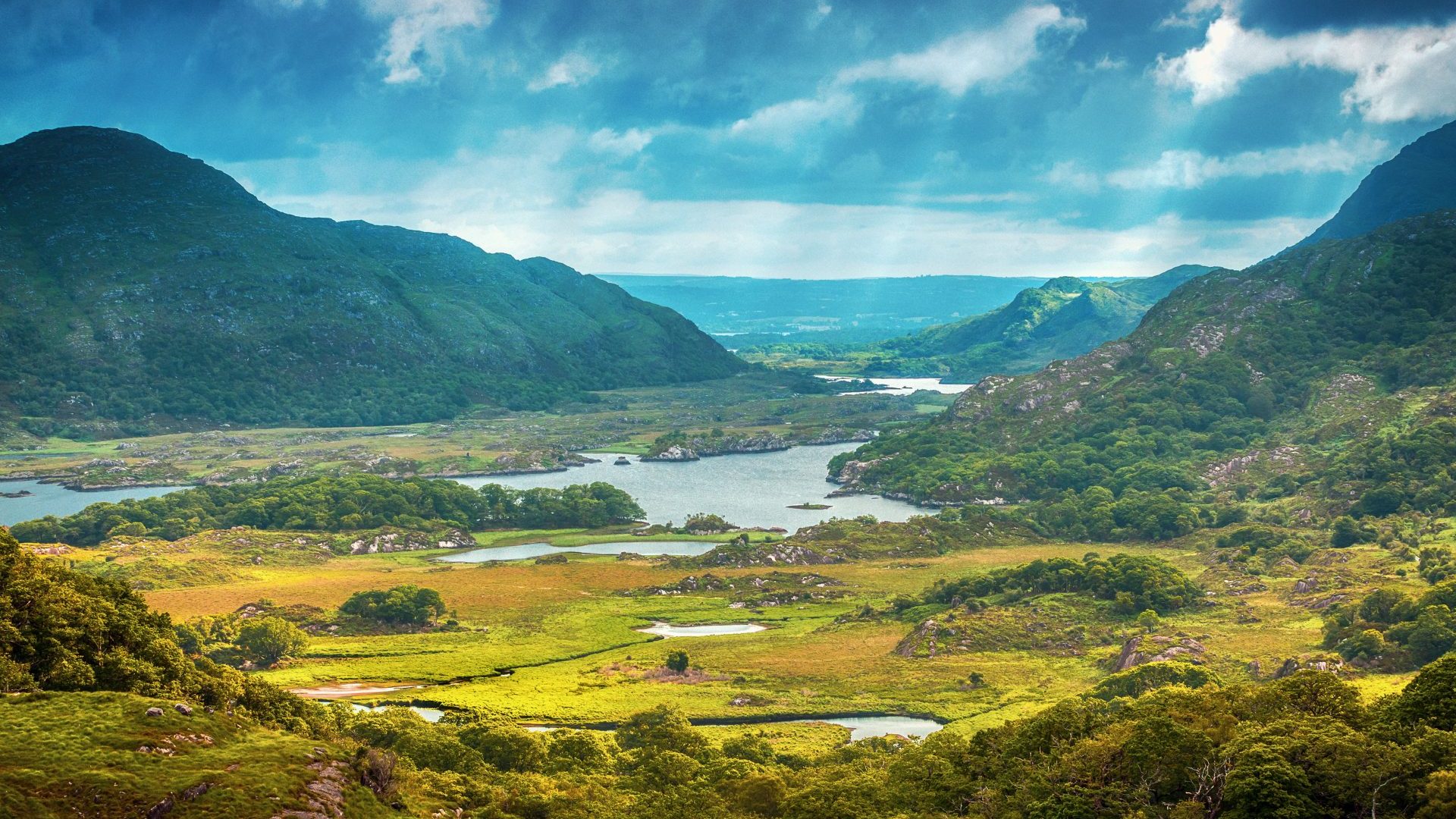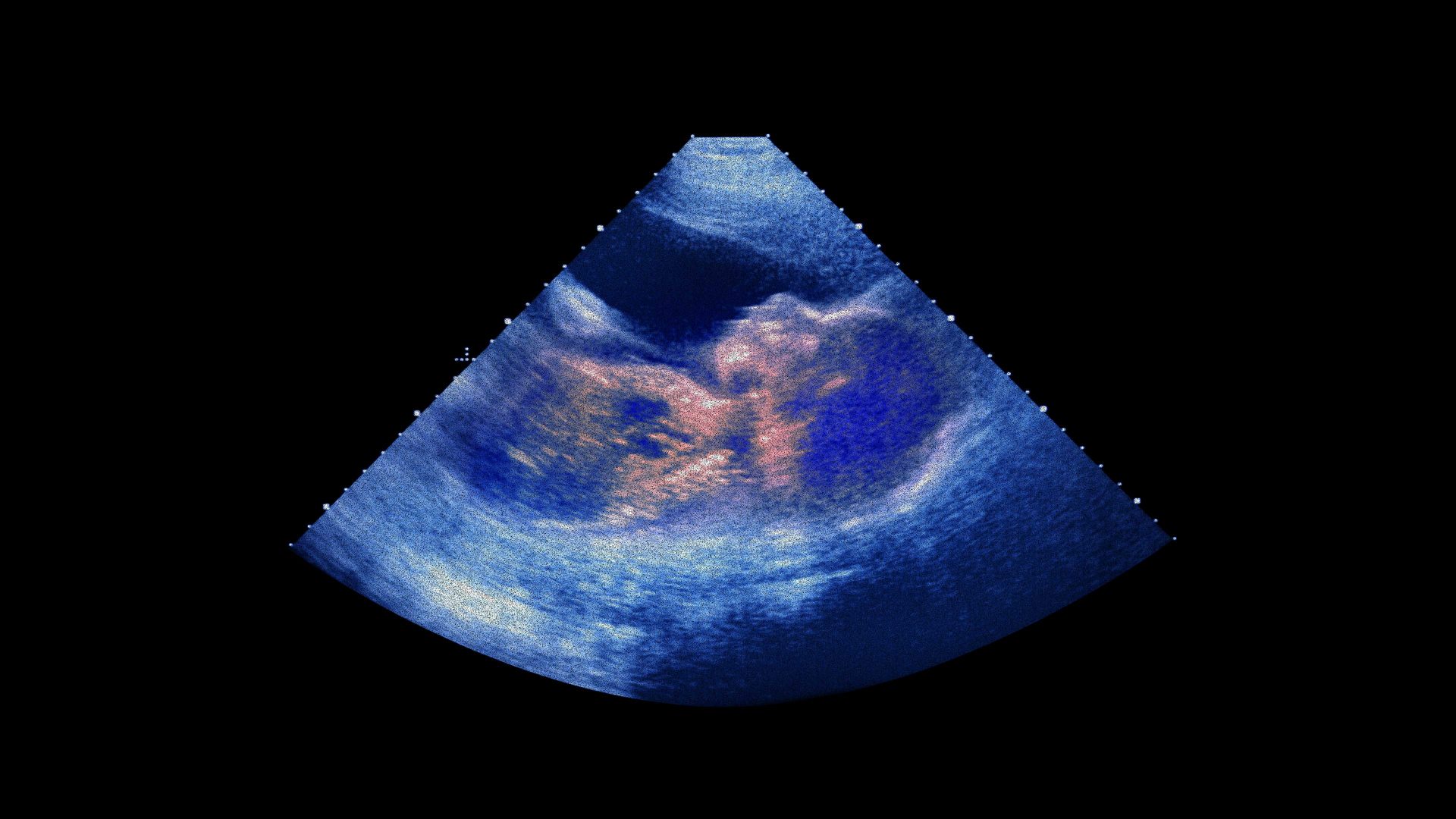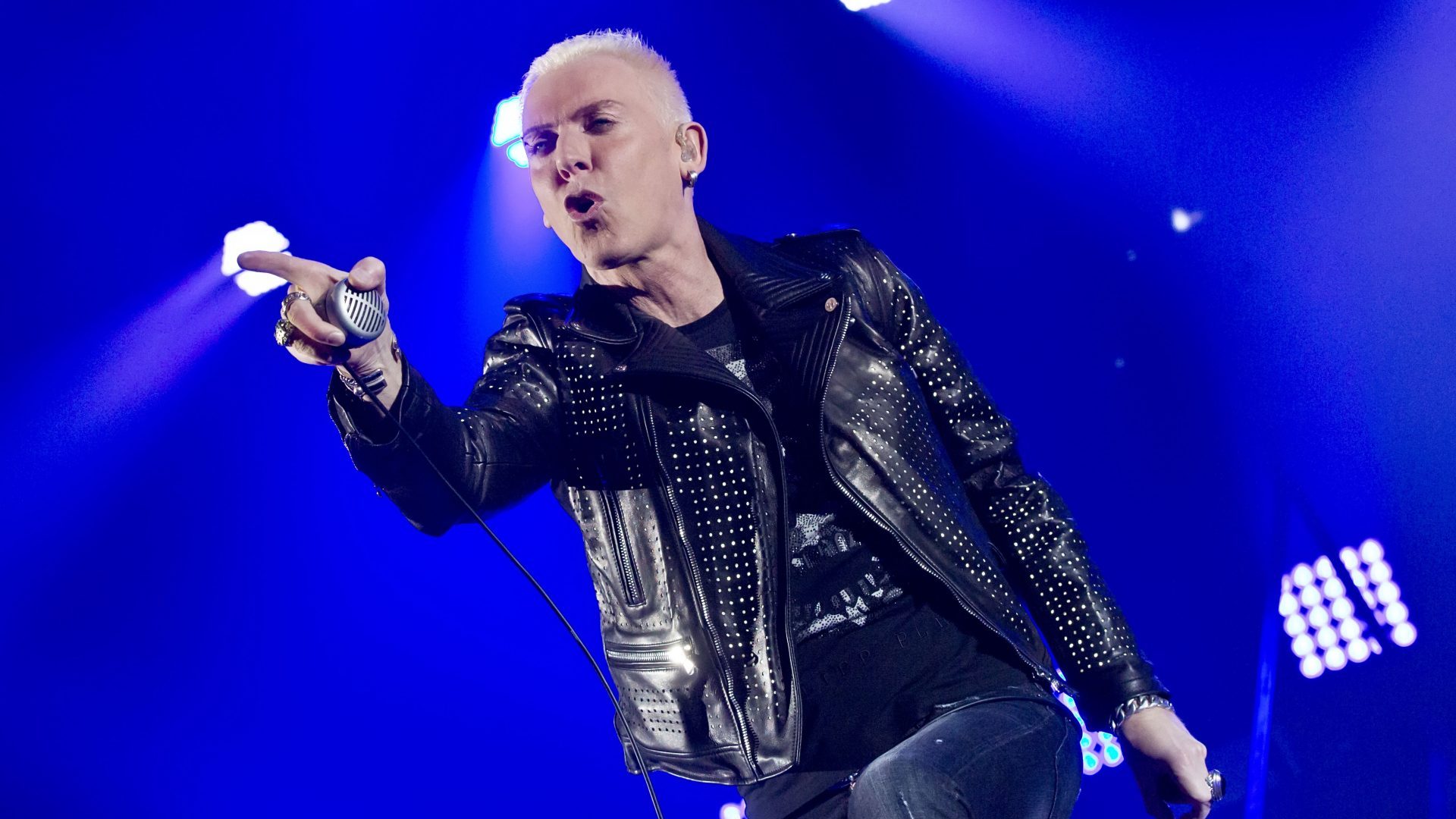From its vantage on the lowest slopes of a rambling mountain, our little cottage has a heavenly view of the eastern end of the huge, dark lough below. To appreciate the complete majesty of its 2,500 acres though, it is best to stand on the lough’s largest island, surrounded by the noisy, slate-grey waters.
They are bounded on two sides by mountains and promontories that crash down to the lough’s edge, on a third bank by gently sloping farmland that never quite forms a beach where it meets the water and on the fourth by the rear-facing suburbs of our local town, some three miles distant.
This is Lough Currane, and it has a claim – only a claim – to be the westernmost freshwater lake in Europe, separated from the Atlantic merely by a narrow, one-way channel a few hundred metres long. But the assertion that it was, and not long ago, the finest sea-trout fishing water in the entire continent, is indisputable.
Generations of anglers converged on our lough from all over the world. They took monstrous trout, returning from the ocean to spawn, and salmon longer than your arm from its rough bays and inlets, or from the rivers that feed the lough with mountain run-off.
But that was then. My friend Neil laments as we stand on the island, fishless after a day on one of his boats.
Neil and his brother Tom are fourth-generation ghillies – angling guides – whose family has been making a living from the lough for as long as the concept of recreational fishing has existed.
“Gone, all but gone,” Neil says. “Back in the early 2000s, the government estimated that the lough brought €2.5m to the local economy, what with the people who came to stay here for the fishing. It would be a fraction of that now.”
While it is still just about possible to catch good-sized salmon here, they are much rarer too. But sea trout numbers are miserable, down by more than 90%.
John Murphy runs Salmon Watch Ireland, an organisation that is struggling to reverse a similar trend affecting both species all over the country.
“It’s a tragedy,” he says. “But a wholly avoidable one.”
For if the future of sea trout and salmon in our part of Ireland is a matter of considerable doubt, Neil and John have no uncertainty about the main cause of their decline.
Salmon farming has been going on for decades off the west coast of Ireland. The birth of the industry in our area coincided with the start of a vertiginous fall in sea trout populations in our lough and along the coast for miles, according to Neil.
“The fish we did catch were covered in sea lice – and that’s the thing that kills 40-50% of farmed salmon, you know – and they were weak and small,” he says.
He points to another strange coincidence: that some two decades ago, salmon farming was paused for commercial reasons. “What do you know, within a couple of years our catches were back up, the size of fish at all stages of their lives went back to normal. Then, five years later it all began again and very quickly things were worse than ever.”
The salmon-farming industry denies there is any evidence linking their activities with declining wild fish populations. It is certainly true that scientific investigation has pointed the finger of blame at both climate change and agricultural pollution.
Yet, whatever the causes, this is not just a calamity of commerce, but of culture too.
The wild fish of Ireland have a place in legend akin to the apple in the Garden of Eden. The great warrior giant Fionn mac Cumhaill (Finn McCool), was blessed or cursed with all the wisdom of the world after he cooked a fish renowned as the “Salmon of Knowledge”.
Since Fionn’s day, the salmon and the sea trout have fed not just wealthy anglers who came from a score of different countries to catch them. They also nourished generations of, shall we say, less formal fishermen who netted the fast-flowing rivers that the great fish negotiate in order to reach their breeding waters.
And 1,500 years ago they fed the hermit monks who lived lives of contemplative isolation in stone-built beehive huts, weather-blasted shelters that still stand on the western end of the lough’s largest island.
A legal battle against salmon farming has been dragging through the courts of Ireland – the inactive Irish government as much the target of campaign for John Murphy and his comrades as the industry itself – but with all the speed of rainwater seeping through the soggy soil to feed the turf streams.
If it is eventually won, who knows, I may yet stand on this island with the sea trout and the salmon cruising the inky waters around me, bringing home the knowledge of the world.
Ben Fenton is author of To Be Fair: The Ultimate Guide to Fairness in the 21st Century



